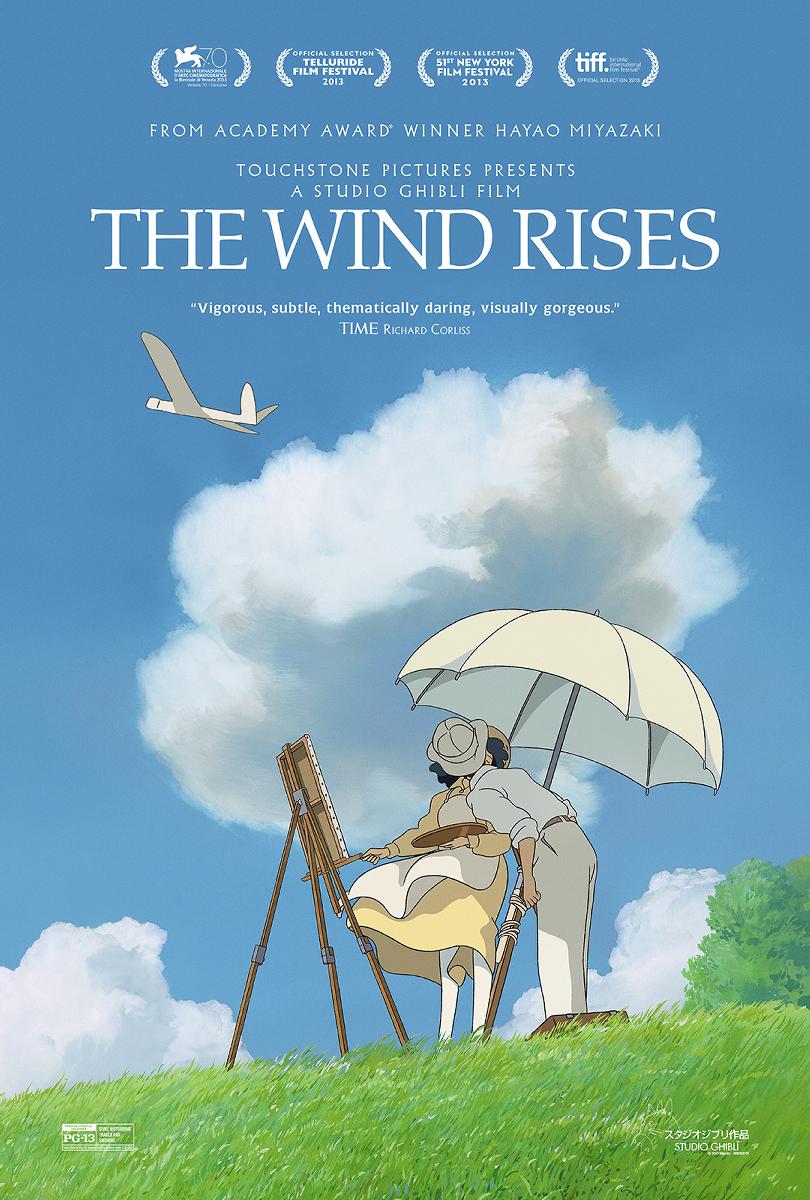“The Wind Rises” is the final film of animator, writer and director Hayao Miyazaki. If you have seen any works of Miyazaki — friendly reminder: “Howl’s Moving Castle,” “My Neighbor Totoro” and Academy Award winning “Spirited Away” — then you have a vague idea of what you would be getting yourself into. Typically he envelopes you in a well thought-out world with beautifully animated scenes of innocence and fantastic adventure.
MIYAZAKI'S FINAL FILM
“The Wind Rises” is different. It is very different. Technically speaking, it regresses from advances in modern-day animation; Miyazaki insisted on using monophonic audio, man-made sound effects and has subdued the animation greatly. Close friends did most of the voice acting, and characters were even modeled in their likeness. What you will see is not so much the explosive grand finale of Miyazaki’s career, but a mosaic of personal musings. And though this is true, I believe it deserves to win its Academy Award nomination, it being his carefully crafted farewell. Due to his personal connection to the story, the term “magnum opus” would be too far removed and grandiose to Miyazaki’s liking.
The film follows Jiro Horikoshi, who becomes an aeronautical engineer in order to create “beautiful dreams.” It is no coincidence that his name is the same as the creator of the deadly Zero Fighter plane during World War II — the film is more or less a fictional retelling of the creator’s life. And though nifty to have, WWII knowhow is not required to enjoy the film or understand the greater ideas at play, as it is not about the war. It is not about the atom bomb, and it is not about exonerating the Japanese and vilifying Americans. It is about the struggle of the creative mind.
Employed to create efficient killing machines, Jiro fights with his cursed dream — if your creations are used for destruction, should you abandon them?
"INCREDIBLY PERSONAL" AND CREATIVE
Though we are involved with Jiro, one cannot help but feel separated from him in his isolated battle, as those he loves are harmed around him and his dreams culminate in what would cause the devastation of Pearl Harbor. It is easy for one, in retrospect, to hate Jiro for being selfish, and the film postulates a moral dilemma that Miyazaki has no intention of answering, perhaps explaining his own struggle with creating.
“The Wind Rises” is an incredibly personal film, for the creators and viewers alike, which seeks to empathize with and encourage creativity despite living in a world that desires to warp and abuse it.







